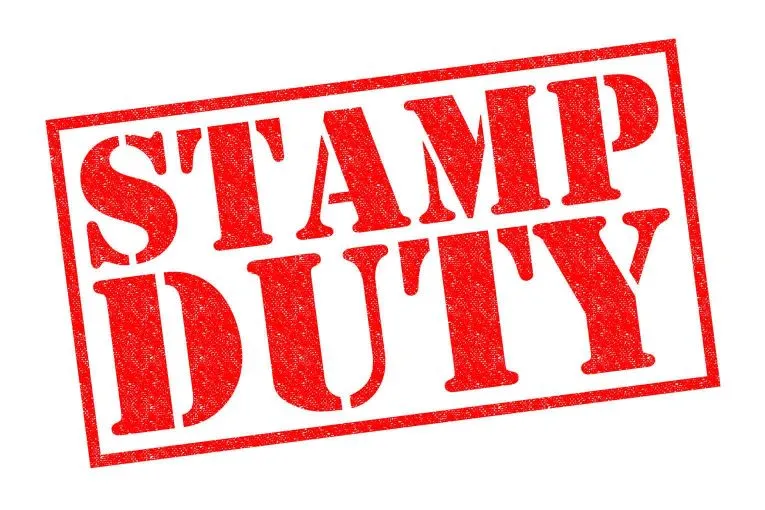Homebuyers have paid £9.3bn in stamp duty between January and August this year, a 20.6% rise on the £7.7bn collected over the same period in 2024, according to analysis of HMRC data by Coventry Building Society.
Receipts for August totalled £1.3bn, slightly down from £1.4bn in July, prompting suggestions that the summer may have marked the peak for the levy ahead of possible reforms.
Reports last month indicated that the Treasury is weighing up a fundamental overhaul of the property tax system, with options including shifting the duty from buyers to sellers on transactions over £500,000.
And last week Property Soup revealed how the Treasury is believed to be weighing reforms to stamp duty that would allow buyers to spread payments over several years rather than paying a lump sum upfront, as part of pre-Budget discussions with the Office for Budget Responsibility (OBR).
The proposal is understood to be under active consideration and would see stamp duty paid in regular instalments.
HOLD OFF BUYING

But Jonathan Stinton, head of mortgage relations at Coventry Building Society, warns that any uncertainty could weigh on activity.
He says: “Nobody wants to be the last one to pay the old tax. If people think they could save thousands under a new system, or even spread the cost over time, some may choose to hold off buying until there’s more clarity.
“The idea of shifting the burden from buyers to sellers, or allowing staggered payments, would be a significant shake-up, and for many buyers it would remove one of the biggest barriers to owning a home. But speculation can make the housing market hold its breath for a minute while people wait to see what happens.”
UNINTENDED CONSEQUENCES
And he adds: “Any reform needs to be carefully thought through to avoid any unintended consequences. Passing the tax to sellers could make people at the top of the chain think twice about moving, while staggered repayments could affect how much people can borrow.
“Reform has to strike the right balance so that it supports buyers, keeps sellers in the market, and helps the housing market keep moving.”
Stamp duty remains one of the Treasury’s most lucrative property-related revenues.
The prospect of reform comes as the government faces mounting pressure to address affordability barriers for first-time buyers while maintaining momentum in the housing market.








